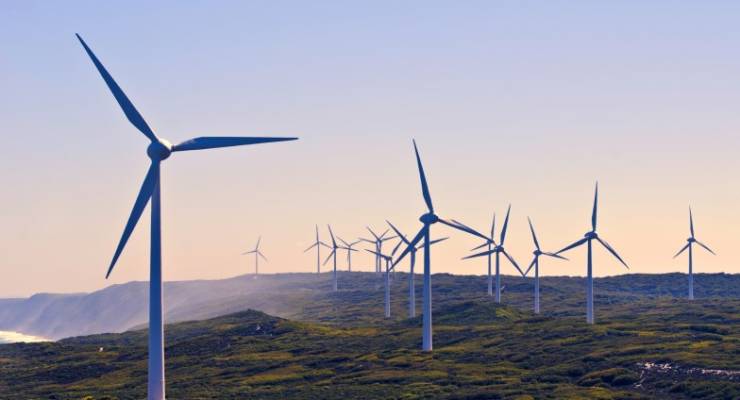
One of the small number of genuinely independent public sector bodies in the federal government, Infrastructure Australia (IA), has released its 2021 Australian Infrastructure Plan, which contains a number of implied rebukes for the Morrison government’s failure of leadership on energy and climate policy.
IA has declined to “reinvent the wheel” and make specific infrastructure recommendations around electricity networks, preferring to offer a “non-build plan of policy reforms”. But it repeatedly calls for more leadership from the government, which has dedicated its energy efforts solely to supporting its fossil fuel donors.
IA calls out a lack of leadership from the government across a wide range of infrastructure issues, repeating its previous arguments that “Australia could lead the world in developing and applying approaches to infrastructure that enhance sustainability” but needs a government willing to take a “leadership position”.
“If Australia is to enjoy the full benefits of industrialisation, there will need to be government leadership.”
But it is in energy that leadership is called for most often. “Australia needs national leadership to ensure a secure future by positioning this country for the inevitable low-emission energy transition.” “National leadership is needed to ensure Australia remains a supplier of choice for energy commodities.” “There needs to be strong national leadership and planning to coordinate efforts.” “This is a time for decisive national action that secures Australia’s future by harnessing its low-cost, low-emission energy potential.”
In particular IA rejects the narrative from the government, elements within Labor and the union movement, and fossil fuel interests, that the switch to renewables means job losses. “Every million dollars spent on renewable energy creates three times more jobs than the same spending on fossil fuels,” IA says. The energy chapter repeatedly identifies the need to address the lack of investor certainty, recommending efforts to “increase investor certainty and enable emerging industries by developing clear, outcome-focused legislation and regulation for emerging low-emission energy technology”.
It also says energy efficiency opportunities are going begging, noting that Australia’s residential sector remains as energy intensive now as it was two decades ago, while some countries have seen falls of up to 30%. Our manufacturing energy intensity has only declined by a small amount compared to countries like the US, South Korea and Japan, which have achieved energy intensity reductions of 40% and more.
Noticeably, IA fails to endorse physical reliability obligations like “CoalKeeper” being pushed by Angus Taylor in order to funnel subsidies to fossil fuel companies in the name of reliability. Instead, IA recommends Australia “maintain electricity market reliability by developing and implementing a trigger-based electricity market review mechanism that is undertaken at key policy trigger points such as announcement of accelerated retirement of thermal electricity generators.”
“The energy transition is a big opportunity for Australia,” IA says. “It has world-leading renewable resources, such as solar and wind, that can service both the economy and trading partners. Australia can remain a global energy supplier of choice by pivoting from fossil fuels to low emission supply chains.”
But not, it makes clear, with a government that refuses to lead on energy other than to reward its donors.








Crikey is committed to hosting lively discussions. Help us keep the conversation useful, interesting and welcoming. We aim to publish comments quickly in the interest of promoting robust conversation, but we’re a small team and we deploy filters to protect against legal risk. Occasionally your comment may be held up while we review, but we’re working as fast as we can to keep the conversation rolling.
The Crikey comment section is members-only content. Please subscribe to leave a comment.
The Crikey comment section is members-only content. Please login to leave a comment.